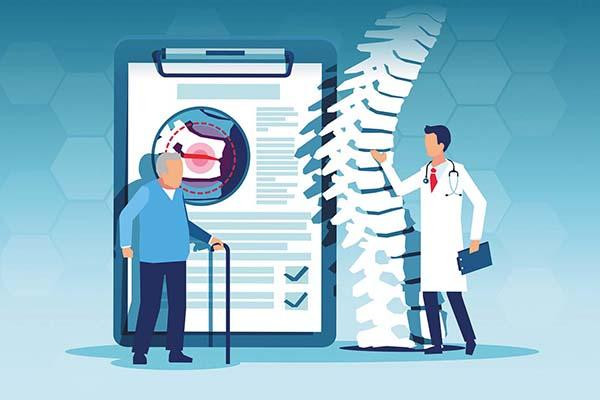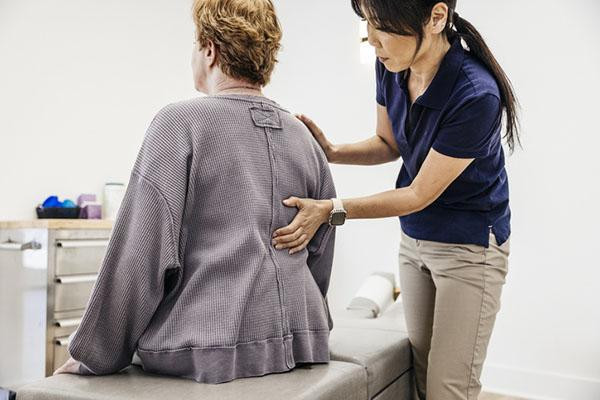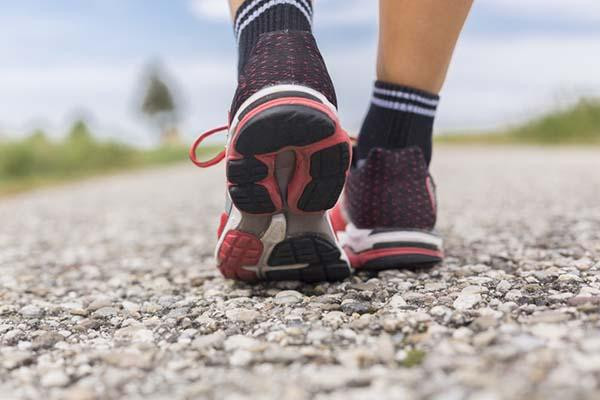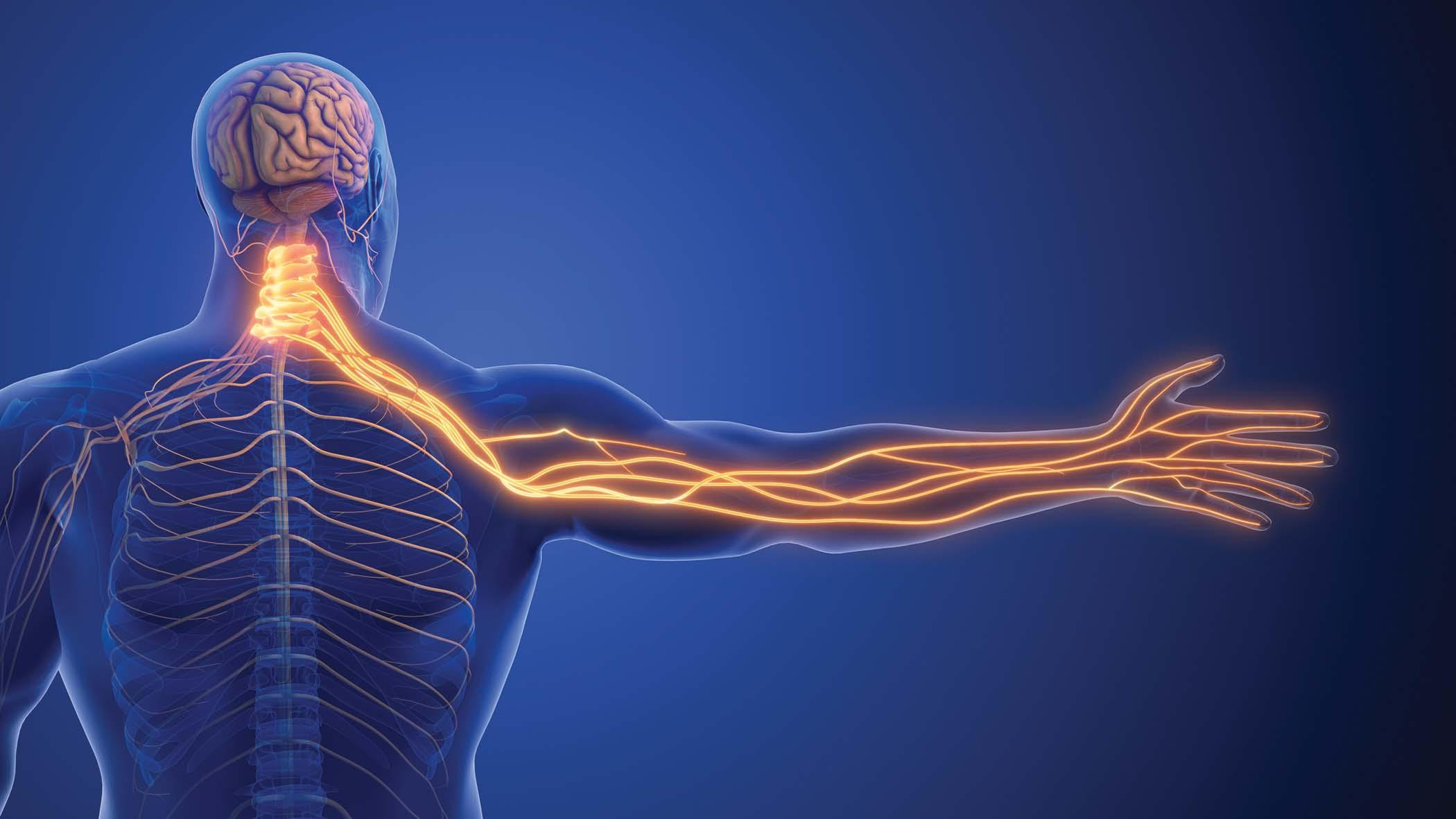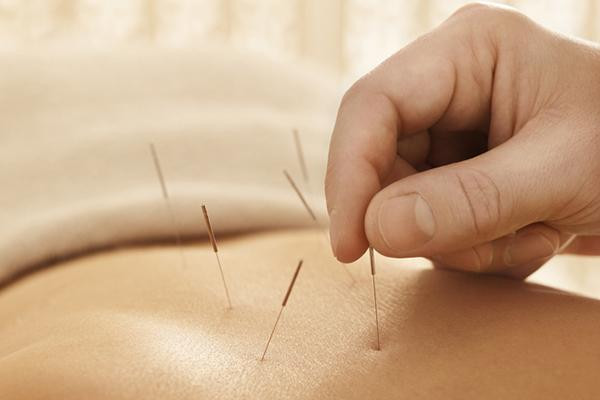
Trying to lose weight? Be careful not to lose muscle

Is your skin problem actually an autoimmune condition?

People with diabetes face higher risk of hearing loss

Antibiotic-free fixes for recurrent UTIs

Musculoskeletal syndrome of menopause: When menopause makes you ache all over

When can older women stop getting mammograms?

To lose weight, especially harmful belly fat, combine diet and exercise

Can men hold off on treating recurring prostate cancer?

The 7 types of rest and why we need them all

What are the early warning signs of cervical cancer?
Pain Archive
Articles
When do I need an imaging test for my back pain?
An x-ray, CT scan, or MRI is usually not needed for addressing low back pain unless people have other symptoms or risk factors for a serious condition. Short-term rest, heat or cold, and over-the-counter medication can ease discomfort until the back pain goes away.
Don’t wait to get help for back pain
Low back pain is common. It often results from poor posture, bad ergonomics, unusual movement patterns, and age-related spinal changes. Ignoring pain can lead to muscle weakness and instability. Early care, including physical therapy, helps relieve pain and prevent future problems.
Correcting how you walk may ease osteoarthritis knee pain
For people with knee osteoarthritis, walking pattern (called gait) matters. Pain can lead to habits like shuffling or shortening steps, increasing joint stress. Gait training, along with strengthening, stretching, and balance, can help normalize walking, improve stability, and reduce knee strain.
Cannabis may offer modest relief for chronic pain
A review of 25 studies found that some cannabis products offer modest relief for chronic pain. Small benefits occurred with oral synthetic products higher in THC and plant-derived THC/CBD sprays. High THC levels were associated with side effects like sleepiness, dizziness, and nausea.
Punch back against pinched nerves
A pinched nerve occurs when something compresses or irritates a nerve. This can cause pain, tingling, or weakness in areas like the neck, back, or wrist. Rest and home remedies can help, but physical therapy and medication are sometimes needed.
Acupuncture boosts pain relief for chronic low back pain
Chronic low back pain affects as many as one-third of adults ages 65 and older and can be difficult to treat. A 2025 study found that adding 12 weeks of acupuncture to usual care resulted in greater pain relief and better function that lasted as long as a year after the treatments.

Trying to lose weight? Be careful not to lose muscle

Is your skin problem actually an autoimmune condition?

People with diabetes face higher risk of hearing loss

Antibiotic-free fixes for recurrent UTIs

Musculoskeletal syndrome of menopause: When menopause makes you ache all over

When can older women stop getting mammograms?

To lose weight, especially harmful belly fat, combine diet and exercise

Can men hold off on treating recurring prostate cancer?

The 7 types of rest and why we need them all

What are the early warning signs of cervical cancer?
Free Healthbeat Signup
Get the latest in health news delivered to your inbox!
Sign Up
